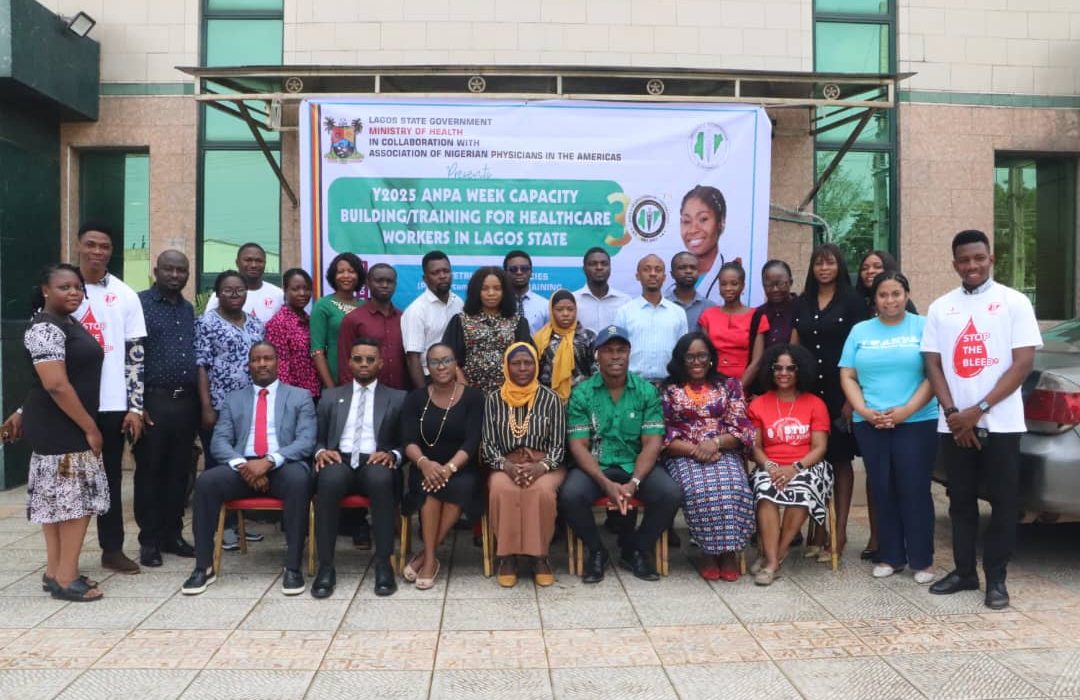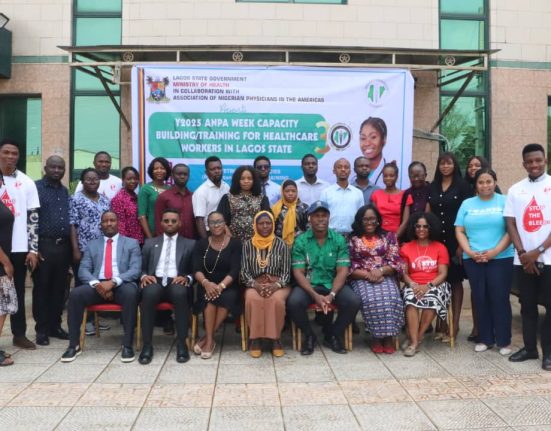In a strategic move to strengthen its public health surveillance system, the Lagos State Government has concluded a comprehensive four-day training programme aimed at enhancing the capacity of health workers in disease detection, reporting, and response.
The training, which was facilitated by the Lagos State Ministry of Health through the Disease Surveillance and Notification Unit, brought together Disease Surveillance and Notification Officers (DSNOs), health educators, laboratory scientists, and other frontline public health officials across the state’s Local Government Areas (LGAs) and Local Council Development Areas (LCDAs).
Held in Lagos, the exercise focused on equipping participants with advanced knowledge and technical skills for early disease detection, prompt investigation, and efficient data management, key pillars for responding to infectious disease outbreaks and safeguarding community health.
Speaking at the closing ceremony, the Permanent Secretary, Lagos State Ministry of Health, Dr. Olusegun Ogboye, emphasized the government’s commitment to building a resilient health system through continuous capacity development. He noted that disease surveillance has become even more critical in light of global public health threats such as COVID-19, Lassa fever, and cholera outbreaks.
“This training is part of our proactive measures to ensure that Lagos remains adequately prepared to tackle any public health emergency,” Dr. Ogboye said. “We are investing in the human capacity of our disease surveillance workforce so they can respond swiftly and effectively, thereby reducing the spread and impact of diseases in our communities.”
The training sessions covered core modules such as integrated disease surveillance and response (IDSR), community-based surveillance, epidemiological data analysis, risk communication, and the use of digital tools for real-time disease reporting. Participants also engaged in scenario-based simulations and case studies to enhance practical understanding.
Director of Epidemiology, Biosecurity and Global Health at the Ministry, Dr. Ismail Abdus-Salam, explained that the training aligns with Lagos State’s broader public health strategy to prevent avoidable disease outbreaks through timely reporting and response mechanisms.
Participants commended the government for prioritizing their professional development and pledged to apply their new skills in their respective LGAs to strengthen health surveillance activities at the grassroots level.
The Lagos State Government has consistently led proactive public health interventions in Nigeria, positioning itself as a model for disease prevention and epidemic preparedness across the country.

